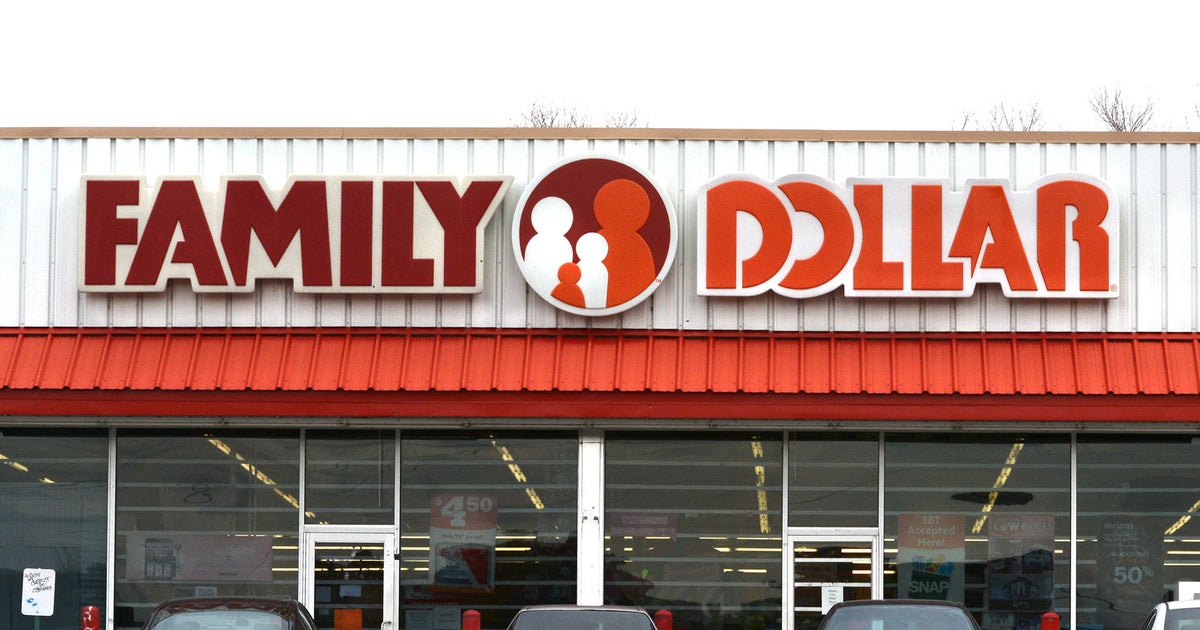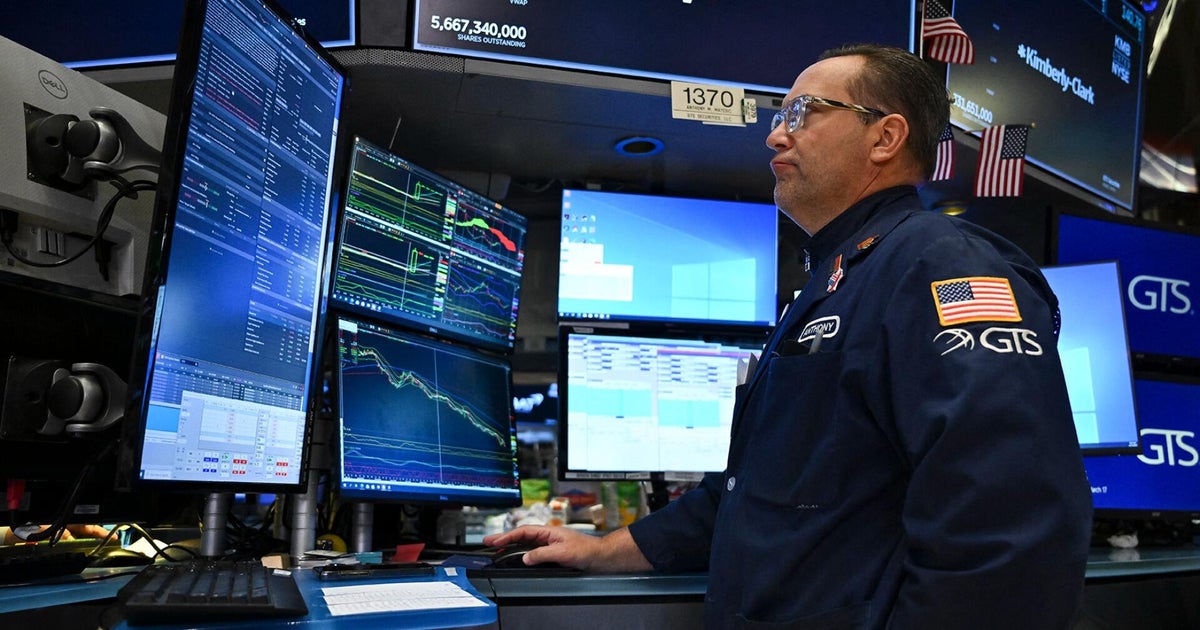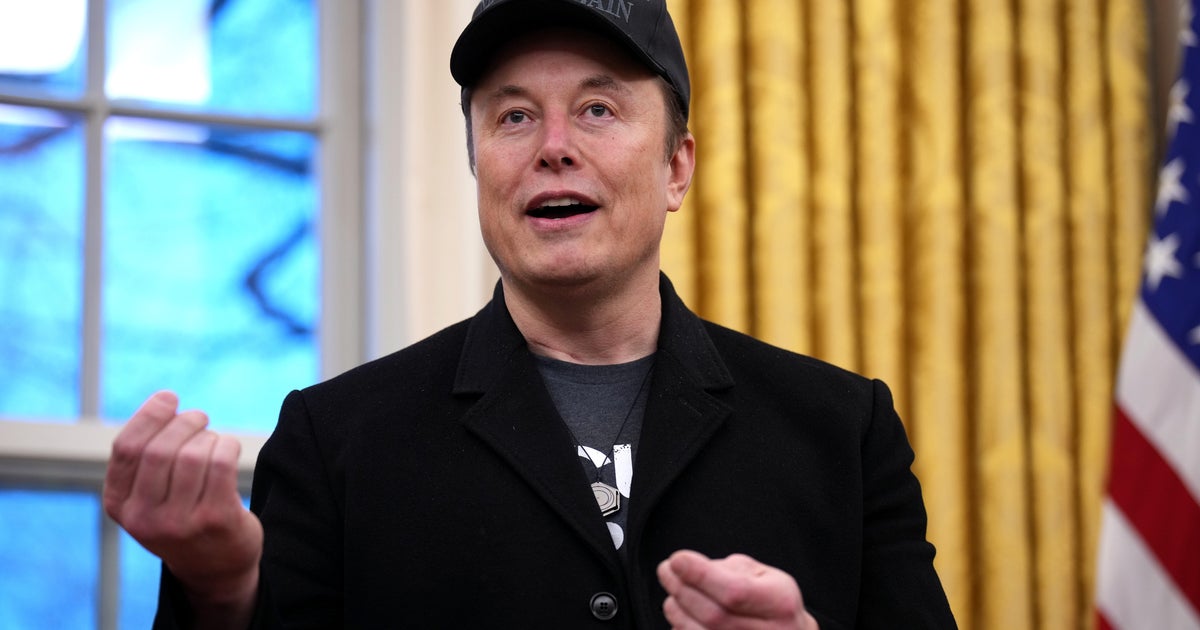Amazon cancels plans for New York City HQ2
Amazon is pulling out of a plan to build an East Coast headquarters in New York City after facing fierce community opposition to what promised to be a massive corporate campus.
In a lengthy statement, the company blamed the decision on criticism from local politicians.
"After much thought and deliberation, we've decided not to move forward with our plans to build a headquarters for Amazon in Long Island City, Queens," Amazon said. "While polls show that 70 percent of New Yorkers support our plans and investment, a number of state and local politicians have made it clear that they oppose our presence and will not work with us to build the type of relationships that are required to go forward with the project we and many others envisioned in Long Island City."
New York Gov. Andrew Cuomo, who was instrumental in luring Amazon to Long Island City, blamed the reversal on "a small group" of politicians who "put their own narrow political interests above their community." Cuomo and New York City Mayor Bill de Blasio have drawn fire from local officials and community activists for sidestepping the usual public process for approving such projects and arranging the deal behind closed doors.
De Blasio said Amazon dropped its end of the deal, saying over Twitter: "We gave Amazon the opportunity to be a good neighbor and do business in the greatest city in the world. Instead of working with the community, Amazon threw away that opportunity."
Democratic Rep. Alexandria Ocasio-Cortez, whose district includes parts of Queens, cheered Amazon's decision to bail out of the project.
"I think it's incredible. I mean, it shows that everyday Americans still have the power to organize and fight for their communities and they can have more say in this country than the richest man in the world," Ocasio-Cortez said on Capitol Hill, referring to Amazon founder and CEO Jeff Bezos.
Tax breaks a sticking point
The about-face for Amazon comes just three months after it announced the locations for its new facilities and following a roughly yearlong contest in which more than 200 cities around the U.S. pitched the company on why they should be home to the headquarters, dubbed "HQ2."
Amazon announced the results in November, saying it would split the site between New York and northern Virginia, bringing about 25,000 high-paying jobs to each location in exchange for generous tax incentives.
But those tax breaks became a major sticking point for the project's opponents. By some estimates, the headquarters could have cost New York City and the state over $3 billion — roughly equal to the amount the company said it planned to invest.
"Defeating an unprecedented act of corporate welfare is a triumph that should change the way we do economic development deals in our city and state forever," said Jimmy Van Bramer, a member of the New York City Council who opposed the Amazon campus.
A Quinnipiac University poll in December found that New York City residents supported having an Amazon headquarters by a margin of 57 percent to 26 percent. But opinions were mixed over the hefty tax breaks, with 46 percent in favor and 44 percent against.
"Major revenue loss"
New York political officials who backed Amazon's HQ2 decried the news, saying it would cost the city jobs and revenue.
"This will be not just a major revenue loss for the city and state, but a loss of thousands of high-paying jobs for New Yorkers, and a missed opportunity to further transform New York into the tech capital of the world," said Rep. Gregory Meeks, a Democrat whose Queens district is adjacent to Long Island City.
Some financial experts also said Amazon's move is a blow for New York's tech sector, while noting that the city is doing just fine.
"Amazon's decision to withdraw its New York City HQ2 is a setback for the city that illustrates politics and anti-business sentiment can derail economic development despite competitive strengths," Nick Samuels, vice president at Moody's Investors Service, said in a statement. "High-tech employment will grow more slowly without Amazon's expected 25,000 new jobs, but the city's economic fundamentals remain positioned to grow strongly in the future."
Amazon's capitulation shows the strength of labor advocates in one of the last cities in the U.S. where unions are well-represented. While some workers, especially the construction trades, supported the project, many others criticized what they said was a long history of mistreating workers and squashing their efforts to organize.
"The collapse of the deal may have been the inevitable result of the notoriously anti-union Amazon attempting to extract lucrative incentives from taxpayers in the most unionized large city in the state," Rebecca Kolins Givan, an associate professor in the Rutgers School of Management and Labor Relations, said via email. "Before Amazon, Walmart gave up attempts to build a store in New York City, following similar union and community opposition."
Amazon said it does not plan to reopen the search but rather will continue to hire at its existing facilities and in Virginia, where its new development has been welcomed.
Alain Sherter contributed to this report.



